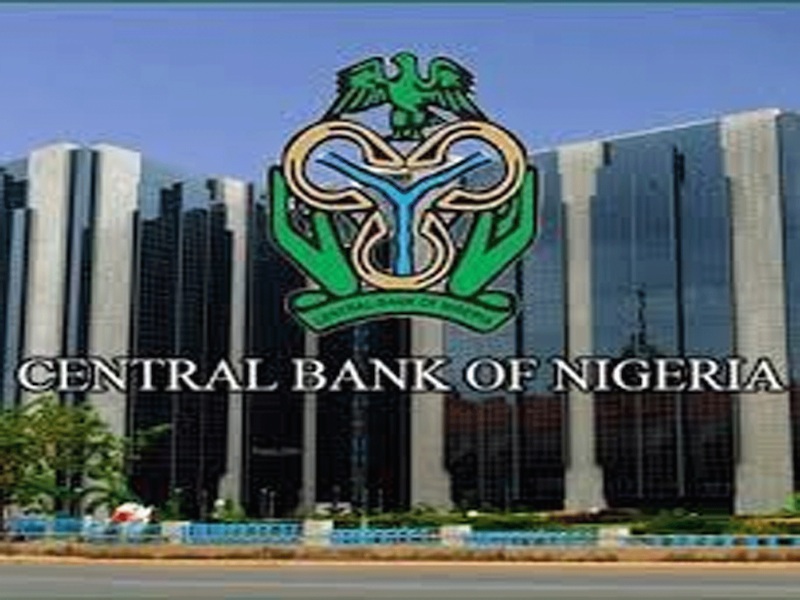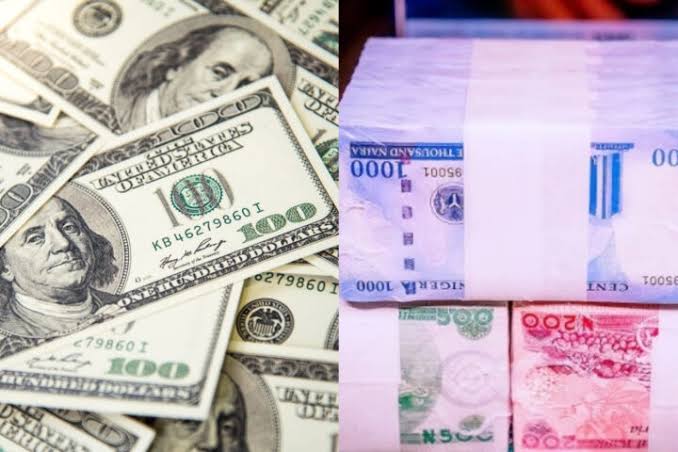Recent developments suggest that Nigeria’s interest rates may rise for the upcoming Treasury bills auction, indicating that the Central Bank of Nigeria (CBN) is shifting towards tighter monetary policies. The apex bank is set to raise a record N1 trillion on February 7, 2024, according to historical CBN data.
Gatekeepers News reports that sources involved in forex reforms at the CBN have indicated that the Monetary Policy Committee (MPC) is considering raising rates by 100 to 300 basis points in their forthcoming meeting, which aligns with a Bloomberg report that anticipates a rate hike of approximately 500 basis points.
The initiation of this shift in monetary policy is expected to be evident in the CBN’s bi-weekly Treasury bills auction scheduled for Wednesday, February 7th, 2024. The auction is expected to offer higher interest rates than usual, alongside an increased volume of Treasury bills. A Meristem research report also points to a likely increase in interest rates, citing the increasing need for the government to borrow.
“While we highlight that the market liquidity as of the 5th of January remains significantly lower relative to the amount on offer, we expect the decision of the CBN to halt discretionary cash reserve debits from the banks to improve the subscription level at the auction. Furthermore, the offer of NGN1trn suggests a heightened need for FG to raise funds from the local debt market, which could prompt investors to demand higher yields. Overall, we expect a significant increase in rates across the trio instruments.”
In a recent auction held in January, the CBN sold treasury bills totaling N381.2 billion across various maturities: 91, 182, and 364 days.
The interest rates for these maturities were recorded at 5% for the 91-day bills, 7.15% for the 182-day bills, and 11.54% for the 364-day bills, respectively.
The forthcoming auction on Wednesday is poised to mark a significant escalation in the volume of treasury bills, with about N1 trillion up for auction.
This includes N600 billion allocated for the 364-day bills, and N200 billion each for the 182-day and 91-day bills.
The N600 billion earmarked for the 364-day tenure represents an unprecedented figure, and the cumulative N1 trillion sale is unparalleled, with records dating back to 2001.
To put this into context, a total of N1.2 trillion was sold in the fourth quarter of 2023.
Nigeria’s money supply stood at over N78 trillion as of December 2023, a factor many analysts attribute to the nation’s accelerating inflation.
The surge in inflation is also perceived as a key driver behind the depreciating exchange rate.
Despite the increase in money supply, Nigeria’s output growth has remained sluggish, exacerbating pressure on the exchange rate.







